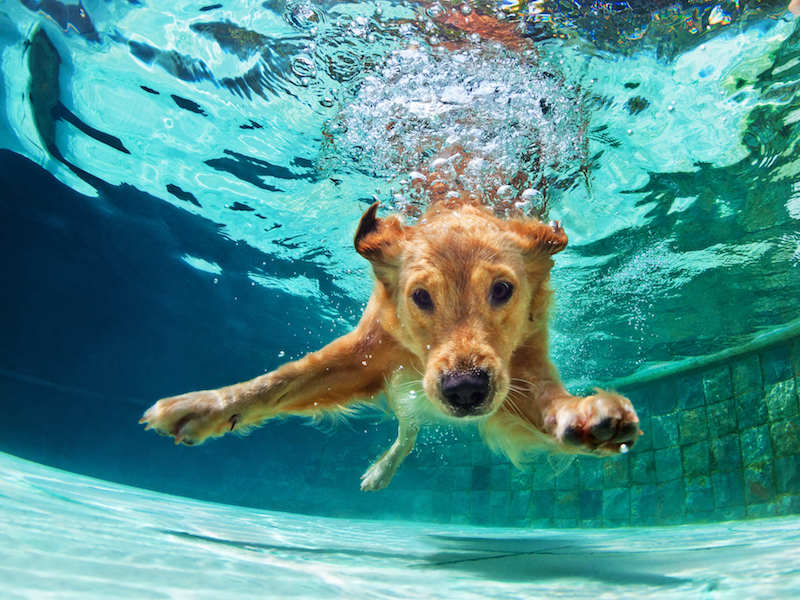
There are many factors which can affect the electrical circuitry of your hearing aids. Hearing aids seem to self-destruct under extreme moisture conditions. Taking that into consideration, humidity is a huge problem.
Irreversible damage is done by moisture that you can’t see. It’s time to learn more about why humidity is a bad thing for hearing aids.
Understanding Humidity
Humidity is a word that gets talked about a lot, commonly during the summer months, but what is humidity? PBS describes humidity as water molecules in the air. When displayed as a percentage, for example, the relative humidity is 40 percent today, it refers to the amount of water vapor in the air compared to what air could hold. The larger the percentage, the wetter everything feels.
People are very sensitive to humidity because sweat is the most efficient way to cool down the body. When you sweat it evaporates into the air, but that doesn’t happen as fast when the humidity level is very high. Electronics are also susceptible to humidity and that is why it has such a detrimental effect on hearing aids.
Why Electronics Have a Problem with Humidity
Oddly enough, electronic devices are not only sensitive to high humidity but low levels as well. When water vapor percentages are high condensation can collect on the intricate elements that make electronics function, and low humidity can lead to brittle core materials.
Hearing aids depend heavily on internal electronics to function. A sophisticated signal processing chip manages noise levels in a newer hearing aid. It’s what is behind elegant features like:
- Noise reduction
- Anti-feedback
- Targeted listening programs
- Digital sound streaming
Moisture can collect within the hearing aid when humidity is high and harm that component. It can corrode elements inside the casing and ruin batteries as well. You might as well drop your hearing aid in a sink full of water, and the effect is the same.
How to Get A Handle On Humidity
If you are looking at hearing aids, try to find products that are water-resistant. This feature will give you some protection from humidity and bad weather, but you still can’t go swimming with them in.
When it’s very humid try to cut down on indoor water vapor by utilizing a dehumidifier. It’s an investment that will help you and your family in numerous ways and protect other electronic devices like that expensive TV you got for Christmas. Dust mites, mildew, and mold thrive in moist environments so a dehumidifier will improve the quality of breathing as well. Although a house or room dehumidifier will help protect your hearing aids, it’s not enough. You will need to take other steps at the same time.
Look for the dehumidifier made for hearing aids. They come at all costs levels. Silica gel crystals in a drying kit are used to protect electronics. You put the device in the dehumidifier for a couple of hours to eliminate moisture. There are also storage containers that dry hearing aids out each night as you sleep. In a pinch, you could use a bag of uncooked rice to remove moisture.
Get in the habit of opening the battery compartment every time you store your hearing aids. When you expose the battery and inner elements to air by leaving the door open, condensation can evaporate by itself. Don’t just do this in the summer, do it all year round.
A cool dry place is the ideal for storage. On the table in the sun, in the glove compartment, or in a hot room are examples of where not to store your hearing aids.
Thinking Past Humidity
Damage can be caused by other types of wetness. Take precautions to protect them from other kinds of wet such as:
- Don’t touch your hearing aids with hands that are still moist from lotion.
- Find a safe place to store your hearing aids if headed for the pool or beach.
- When exercising wear a sweatband. If you are wearing your hearing aid then it’s a good idea in general. Sweat in your ears can cause problems later.
- Try not to put your hearing aid down on wet surfaces. A glass or coffee cup can leave moisture behind.
Your hearing aids are a valuable asset, so treat them that way. Consider how moisture and humidity can impact them and take steps to prevent water damage. If your hearing aid already has water damage make an appointment for service with a hearing aid specialist.